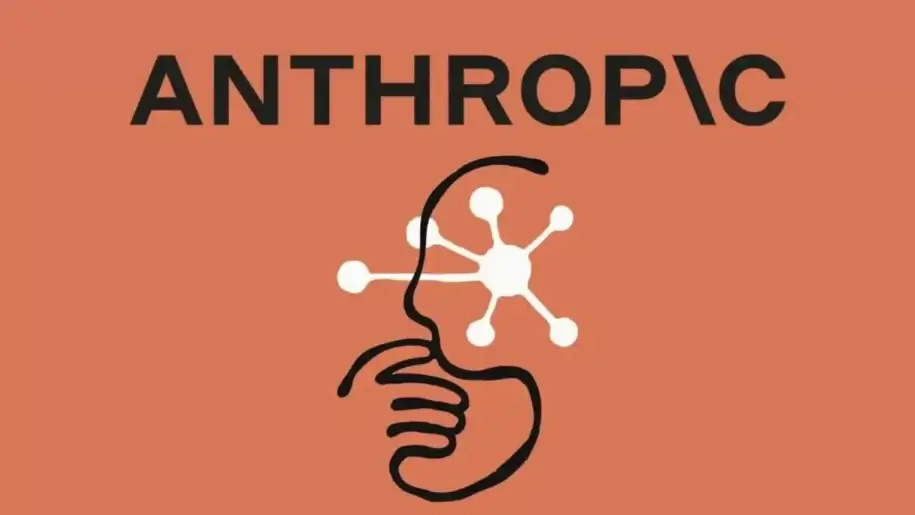AI to Reshape Entry-Level Job Market, Anthropic CEO Predicts
Anthropic CEO Dario Amodei has reiterated his concerns about the rapid advancement of artificial intelligence (AI) and its potential impact on the job market, particularly for entry-level positions. In a recent interview with CBS News, Amodei warned that AI could eliminate nearly half of all entry-level white-collar jobs within the next five years, potentially pushing unemployment to between 10% and 20%.
Amodei identified specific professions that are immediately vulnerable, including entry-level consultants, junior lawyers, and financial analysts. He noted that AI systems are already capable of handling core documentation and analysis tasks traditionally assigned to new graduates. AI models are becoming increasingly adept at research, drafting, summarization, and basic pattern analysis, often performing these duties faster and more cost-effectively than newly hired humans.
These concerns stem from observations of Anthropic's AI model, Claude, which can manage complex, end-to-end responsibilities. These include advanced customer service, drafting technical content, analyzing medical papers, and even writing nearly 90% of Anthropic's internal computer code.
The predictions made by Amodei have sparked debate, with some tech leaders supporting the idea of widespread job loss due to AI, while others, like Nvidia CEO Jensen Huang and OpenAI CEO Sam Altman, disagree. A DeepSeek researcher, Chen Deli, recently predicted that AI could take over many jobs done by humans in the next few decades.
The potential displacement of entry-level jobs by AI raises concerns about its impact on the traditional career ladder. Entry-level positions provide an initial step for young workers and serve as a safety net for displaced workers re-entering the market. The World Economic Forum's Future of Jobs Report 2025 indicates that 40% of employers anticipate reducing their workforce due to AI-driven automation.
However, the rise of AI also presents new job opportunities focused on human-AI collaboration, such as prompt engineering, AI ethics, and AI maintenance. Experts emphasize the importance of upskilling and lifelong learning to stay relevant in the evolving technological landscape.
To prepare for the future job market, fresh graduates should prioritize developing skills that AI cannot easily replicate, such as critical thinking, complex problem-solving, creativity, emotional intelligence, communication, and collaboration. They should also become fluent in using AI tools and be prepared to work alongside AI systems.
Some experts recommend that new graduates should be thoughtful about the type of company they choose to work at, considering how AI could significantly alter the business in the coming years.
While AI presents challenges to the entry-level job market, it also offers opportunities for innovation and growth. By focusing on uniquely human skills and embracing lifelong learning, fresh graduates can navigate the changing landscape and prepare for the future of work.















